Looking into the Nusantara Vaccine
All fields have a specific domain. Vaccines are the domain of medicine and health, so let the professionals in this field make the decisions.
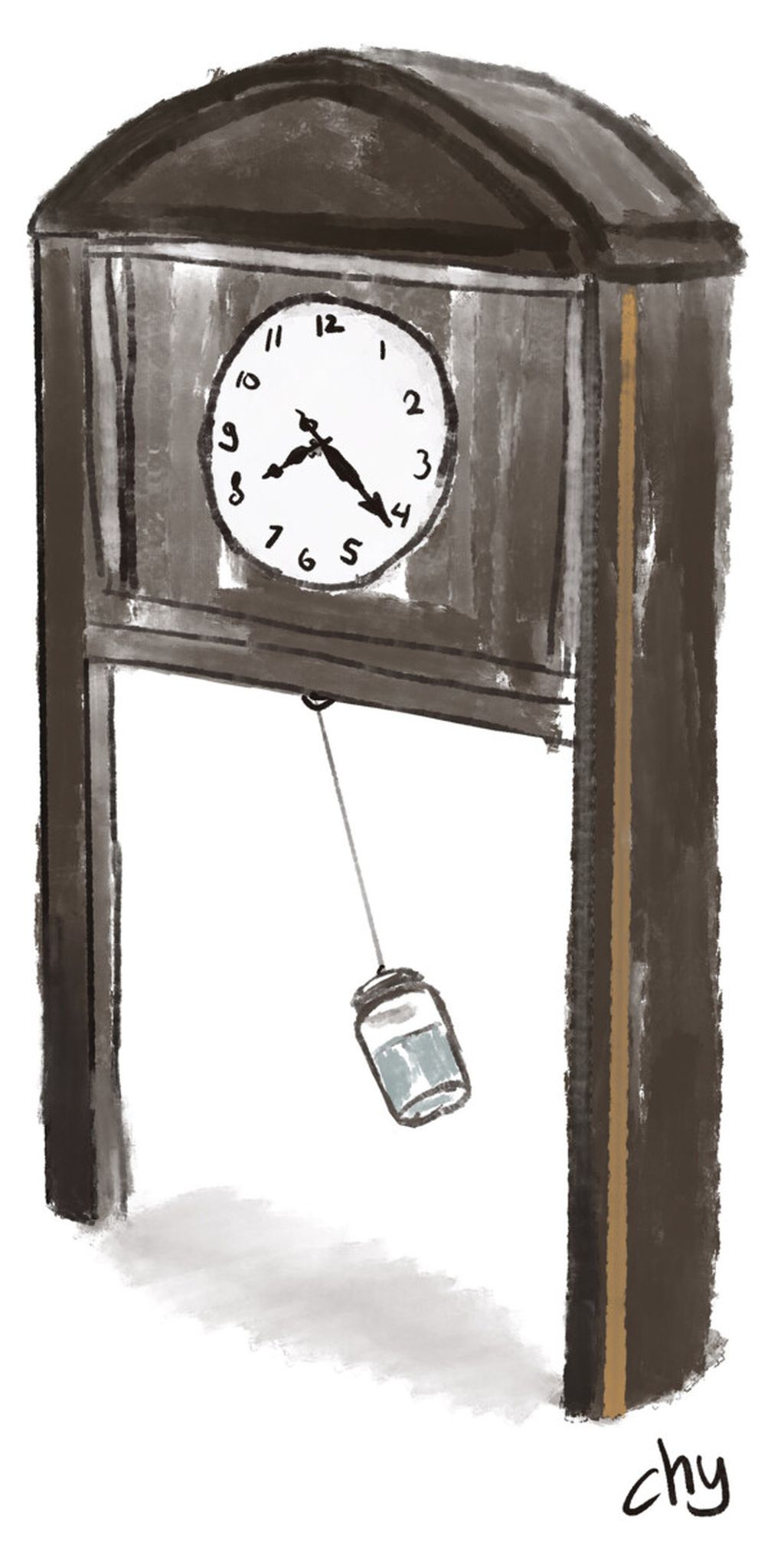
The locally developed Nusantara vaccine candidate has suddenly become a controversial issue.
It started out simply. A team led by former health minister Agus Terawan is currently conducting local trials on a dendritic cell-based Covid-19 vaccine. The team has entered phase 2 trials, which is being carried out on a limited number of volunteers. Several parties have claimed this vaccine as “the work of the nation’s children” (homegrown).
Perhaps they are claiming it as a homegrown vaccine because it is called “Nusantara” (archipelago), another name for Indonesia. Due in part because of its name, several parties have expressed their support for the vaccine, including a number of public figures. Their support has been widely published in newspapers and on social media. Several House of Representatives (DPR) lawmakers have also volunteered for the trials. The reason is nationalism: locally developed products must be fully supported. The support has continued to flow.
Also read: Herd Immunity and Covid-19 Metamorphosis
On the other hand, the Food and Drug Monitoring Agency (BPOM), Indonesia’s regulatory body for the production and use of medicines and foods, has not given its approval to proceed with the vaccine trials. The reason is clear: the vaccine’s development has not met the established standards.
The BPOM has become the target of criticism from many parties that accuse the agency for not being nationalist and for not supporting the “work of the nation’s children”.
Dendritic cell-based vaccines
In simple terms, dendritic cells (DCs) are cells that can induce, coordinate and regulate immune responses in the human body. This is why they are called antigen presenting cells. These cells are found in the skin, nose, lungs, and blood. In terms of their function, dendritic cells are categorized into two types, mature and immature.
Also read: The Beginning of the end for the Covid-19 Pandemic
Immature DCs capture and process antigens that enter the body, while mature cells present antigens. With the help of dendritic cells, the human body identifies and regulates antigens to stimulate the production of antibodies, including T lymphocytes (T cells).
In addition, the immune response that is formed can include Th1, Th2, Treg or Th17. Dendritic cells are expected to produce immune and antibody responses, and this principle is the developmental basis of the Nusantara vaccine.
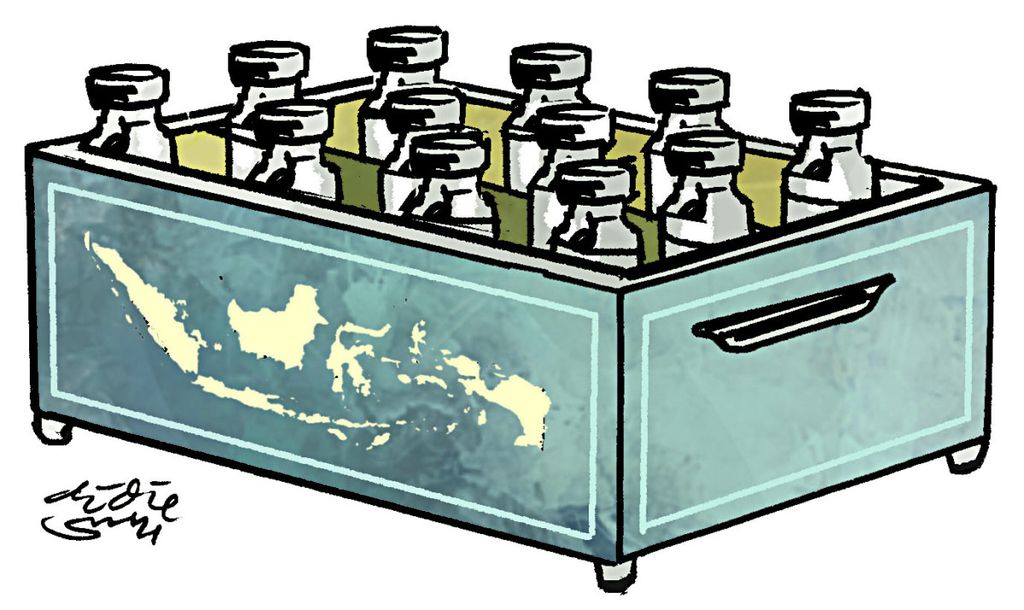
Dendritic cells are not new in the medical world. It was in 1973 that Ralph Steinman and Zanvil Cohn at Rockefeller University discovered the presence of cells with strange shapes and movements in the spleen of mice. As these cells resembled trees, they were named dendritic cells. In Greek, “dendrite” means “tree-like”. Paul Langerhans first identified these cells in humans, in the human skin.
Before dendritic cells were discovered, immunological researchers focused more on antigens and lymphocytes. After this historic discovery, DCs became an alternative subject of study. Many studies have been conducted to explore the role of dendritic cells in disease, especially cancers and infections. One of these is a study on cancer vaccines.
This study looks into how the human immune response, especially dendritic cells, can be used to treat cancer. The hypothesis is that dendritic cells, either alone or in combination with other cancer drugs, can halt the emergence of new cancer cases. However, studies on various cancers have yet to produce convincing results. Some consider DCs as potentially useful while others do not. Roughly speaking, it is inconclusive.
Also read: Do not Disregard the Standardization of Vaccine Research
Inspired by the hypothesis of dendritic cells’ role in increasing antibodies, some experts then extrapolated that DCs could also be used to develop a vaccine for Covid-19. This hypothesis emerged around the same time as the pandemic. A number of studies have been conducted to explore the development of a Covid-19 vaccine using dendritic cells. One of the pioneering companies in this field is China’s Celartics Biopharma. On May 20, 2020, it was reported that the company had patented its DC-based vaccine, called Cov-DCVax.
However, the development of DC-based vaccines is unclear at this time. Apart from Celartics, the United States’ Aivita Biomedical is also conducting research into developing a DC-based Covid-19 vaccine.
Work of the nation’s children?
The vaccine candidate currently being developed by Terawan and his team is listed on ClinicalTrials.gov, a US registry. However, a disclaimer on the website states that inclusion on the list does not mean that the study has received the approval of the US government. Terawan’s vaccine development is also registered with the Indonesian Health Ministry. The vaccine name registered with the ministry is not Nusantara, but Cov-DCVax. It is unknown where the name “Nusantara” came from.
On both registries, the institutions collaborating on the vaccine’s development are Aivita Biomedical Inc. of the US, Indonesia’s PT Aivita Biomedical Indonesia, the Health Ministry, the Dr. Kariadi Semarang Central General Hospital, and the Diponegoro University School of Medicine. So this vaccine study is legal. It is not a cat-and-mouse game. Besides which, Aivita Biomedical is an American manufacturer of vaccines for cancer and Covid-19.
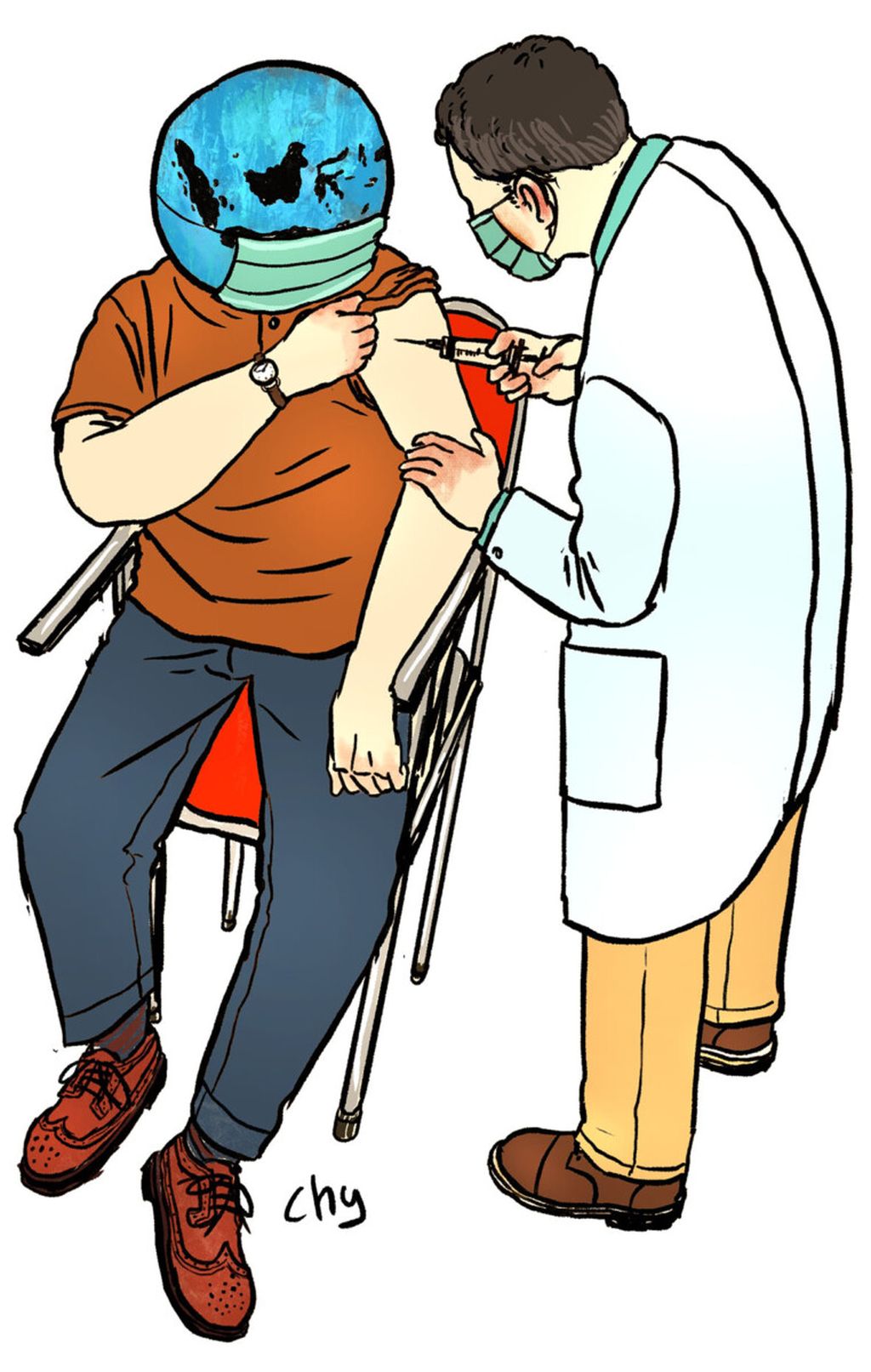
The Aivita Biomedical website states that the vaccine candidate being tested in Indonesia is one of its products. The vaccine uses autologous dendritic cells “previously loaded ex vivo with SARS-CoV-2 spike protein”, and that the clinical trial is being carried out in Indonesia. The company is currently exploring the possibility of carrying out similar trials in the US.
So the vaccine concept and ingredients, the tools, and some of the researchers involved in this vaccine come from this US company. Indonesia is only a testing ground. So it sounds strange that this vaccine is being considered “the work of the nation’s children”. It has nothing to do with the nationalism.
In a statement released on 25 Feb., Aivita claimed that the company had successfully completed the phase 1 clinical trial in Indonesia. The phase 1 trial took more than a month and was conducted on 27 people. The company said that the results of the phase 1 clinical trial were good, tolerable and did not cause serious side effects. In addition, the trial participants were proven to have produced antibodies. According to the plan, the trial will last a year until 31 Jan. 2022.
Also read: Vaccine Development Must Meet Standard
Aivita’s statement appears to be inconsistent with the BPOM’s records. The agency initially granted permission to carry out the phase 1 clinical trial with monitoring and assistance. However, along the way, the BPOM found a number of strange things in connection with the clinical trial. As a result, the BPOM did not issue permission to advance to the phase 2 clinical trial for this vaccine, because the agency deemed that the vaccine’s development did not meet a variety of important requirements, such as good clinical practices, proof of concept (PoC), good laboratory practices, and good manufacturing practices.
Moreover, it has deemed that the type of ingredient used in the vaccine did not meet the pharmaceutical guidelines to a satisfactory degree, and therefore it did not meet the criteria for PoC. The BPOM has also taken note of various side effects and deemed that this study did not meet the medical standards due to problems related to the medical committee.
‘Evidence-based medicine’
Medicine is a field of scientific precision, it not arbitrary. All hypotheses and concepts that must be tested and calibrated in line with rigorous, recognized and tested standards. It should meet the standards of evidence-based medicine, including approval for the use of drugs and vaccines. This is important because it involves the lives of many people. It can have serious and even deadly effects. In vaccine approval, fulfilling the standards of evidence-based medicine is measured through the use of international standard for vaccine trials. This standard is universal; all countries use it. The standardized vaccine trial phases consists of a preclinical phase (animal trials) and a clinical phase (human trials).
Medicine is a field of scientific precision, it not arbitrary.
The clinical phase consists of three main phases, each of which has different goals and standards depending on the target, number of trial participants, safety criteria, and so on. These phases follow strict standards. Each phase must meet certain indicators, and this is nonnegotiable. Before granting approval for vaccine trials and use, each country’s regulatory body is required to study, supervise and monitor the vaccine trials, which must be carried out correctly and according to the established standards. If there are matters that conflict or do not conform to the standardized criteria, the regulatory body has the authority to reprimand, discontinue, or even revoke the research permit. This is their job and their domain.
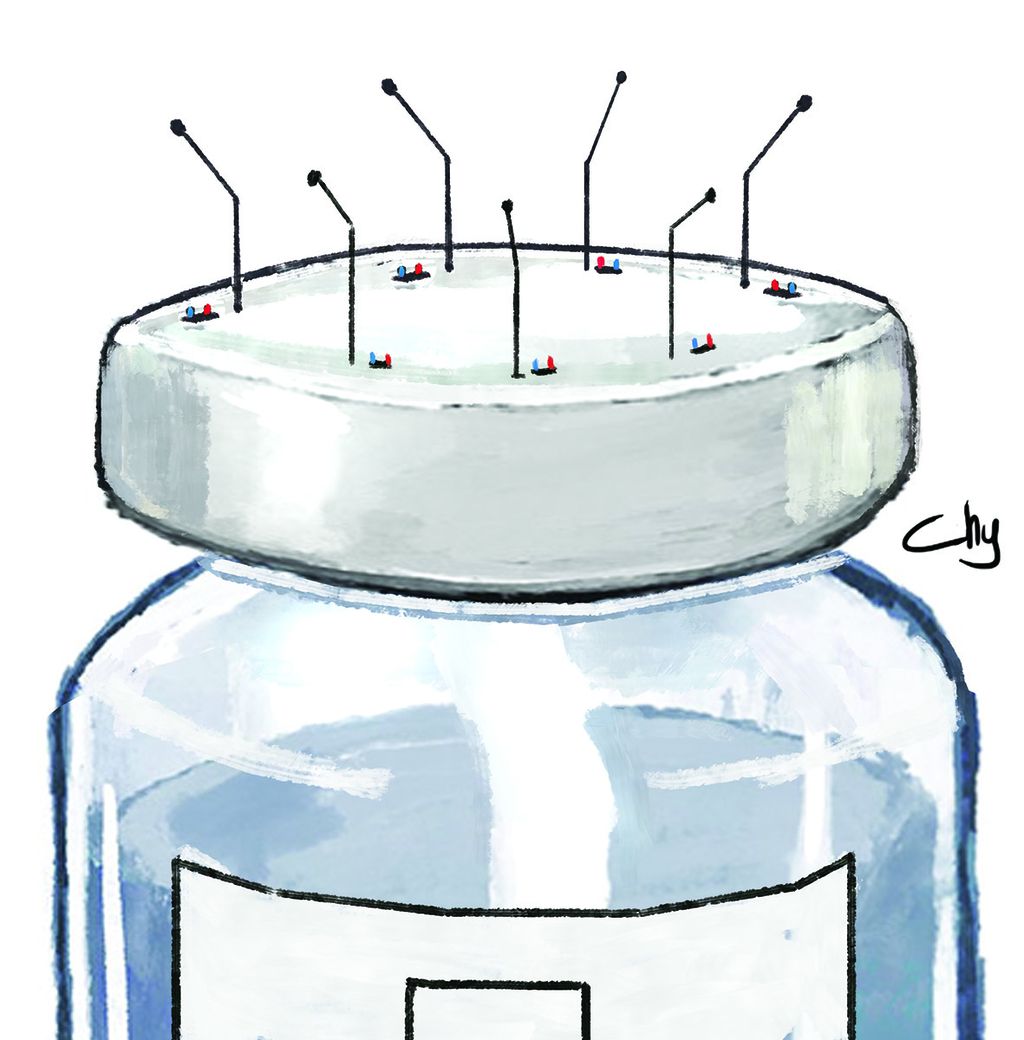
As Indonesia’s regulatory body, the BPOM certainly must work professionally and should uphold the principles of evidence-based medicine and the applicable scientific standards. This principle is absolute and nonnegotiable. As vaccines involve the lives of many people, there cannot be any strange goings-on and incompatible practices cannot be tolerated for certain interests. And this is universal.
All objects must be treated the same, including the Nusantara vaccine project. It must be monitored and evaluated to ensure that the clinical trials actually meet the standards. The same process was applied to the clinical trials of the Sinovac vaccine. The approval for this vaccine was delayed for some time because several matters related to the vaccine trials needed to be clarified and completed.
Viewed as a whole, the Nusantara vaccine is not actually homegrown. It is a project that was initiated and developed by the US vaccine company, Aivita. From the concept to hypotheses, and from the materials to the tools, all come from the American company. Some of the researchers also come from Aivita. The vaccine candidate is an Aivita project and Indonesia is merely the location of the trials in this study. With the lure of technology transfer, of course.
Also read: Improve Coordination between BPOM and Researchers
So, roughly speaking, this vaccine project is no different from the Sinovac vaccine, for which the concept, materials and equipment all came from China. Indonesia was also a testing ground for that vaccine. Even if we insist on looking for the differences, the only difference is in the materials used. The Sinovac vaccine uses the inactivated Covid-19 virus, while the Nusantara vaccine uses dendritic cells. Considering these facts, it would be going too far to herald this vaccine as the work of ”the nation’s children”, let alone connecting the vaccine with the spirit of nationalism.
Dendritic cells themselves are neither magical nor imaginary. This is a modern medical concept that is undergoing development and being widely studied. It is scientific, and so it is natural that certain parties want to conduct deeper studies on the method, including its use in the production of Covid-19 vaccines.
There is nothing is wrong. What must be understood is that the use of dendritic cells in the production of Covid-19 vaccines is still in the early stages of research. The concept is still a hypothesis that is yet to be proven. It could be proven later that dendritic cells can be used as an ingredient for Covid-19 vaccines. It could also be the other way around.
This is a modern medical concept that is undergoing development and being widely studied.
Only vaccine trials that are conducted scientifically and to standard can prove whether dendritic cells can or cannot be used to produce a Covid-19 vaccine. There is no other way. Therefore, the research team must respect, fulfill, and implement the correct standards and protocols for vaccine trials as well as the recommendations of the BPOM. They cannot continue with the vaccine trials as they wish.
Researchers and the BPOM must sit down together to comprehensively and professionally discuss how to make researches better and more useful. Several public figures need to refrain from taking sides, let alone give the impression that the vaccine is good and beneficial. In fact, the vaccine is still in the early stages of research. Its completion is still a year away.
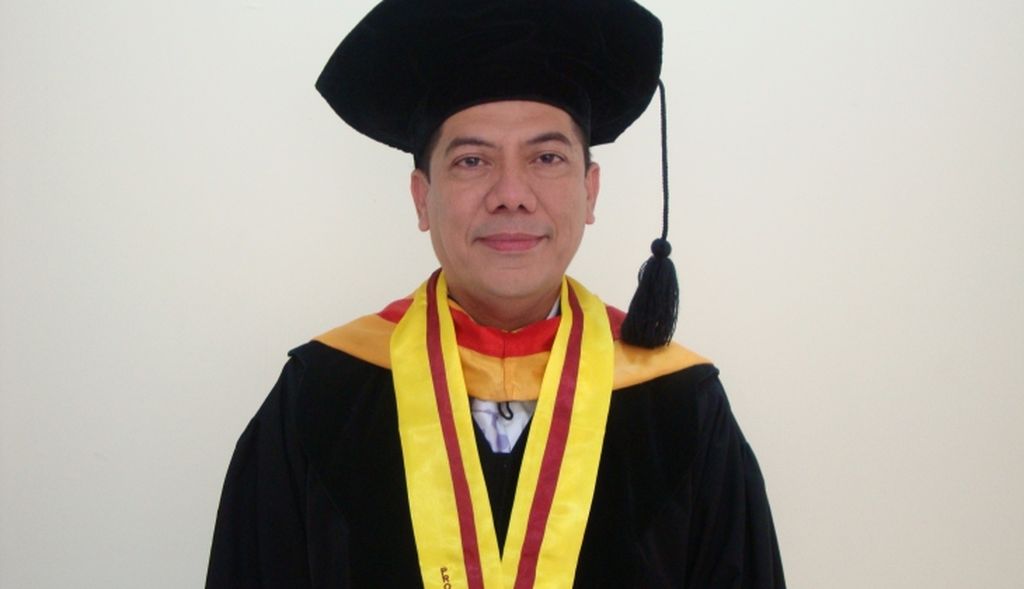
Iqbal Mochtar
All fields have a specific domain. Vaccines are the domain of medicine and health, so let the professionals in this field make the decisions. Intervention is unnecessary. Perhaps it will do to remember this message: If you entrust a business to someone who is not an expert, then wait for its destruction.
Iqbal Mochtar, Doctor and public health observer.
This article was translated by Hendarsyah Tarmizi.